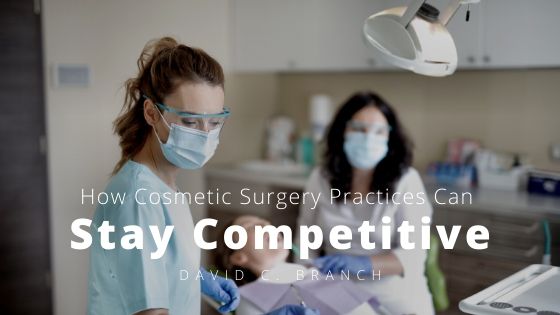In recent years, the world of cosmetic surgery has changed in significant ways. Though the number of cosmetic procedures has increased sharply, the type of services customers want has changed significantly. Laser treatments, Botox and fillers that plump the lips are increasingly popular. At the same time, cosmetic surgeries have declined by 10% over the past 15 or 20 years. Surgery always carries a small risk of complications that patients are eager to avoid. The trend has been towards less invasive or non-invasive procedures.
Cosmetic surgeons are facing increased competition and lower revenues due to this shift. Many non-invasive and less-invasive procedures can be administered by technicians or nurse practitioners. Dermatologists have made a natural move into offering procedures like laser facials. In some cases, even dentists are offering injectables. Additionally, doctors with training in other fields have entered the world of cosmetic medicine. They want to capitalize on the popularity of these newer procedures. This means that even when patients are treated by physicians, they often have less expertise than cosmetic surgeons.
For plastic surgeons, this is a challenging time to be in practice. It can feel like their specialty is becoming a free-for-all. The good news is that there are ways to adapt to this. A big one is to educate the public about the specific expertise available at a cosmetic surgery practice. Years of experience and hundreds of hours of surgeries provide plastic surgeons with extensive knowledge of the body and its structures. In fact, plastic surgery and general surgery are the only specialties where doctors emerge ready to operate on any part of the body. This is something that no dentist or technician can offer.
Marketing is key in communicating this training and expertise to the public. Many successful cosmetic surgeons are harnessing the power of social media to connect with patients. By offering before and after photos or blogs, they’re also able to share the personal stories of the patients they’ve worked with. Many cosmetic surgeons are also asking patients to provide reviews on sites like Google and Yelp. The internet has made word-of-mouth marketing bigger than ever. Satisfied patients are often happy to share their good experiences if they know it will help their doctor.

